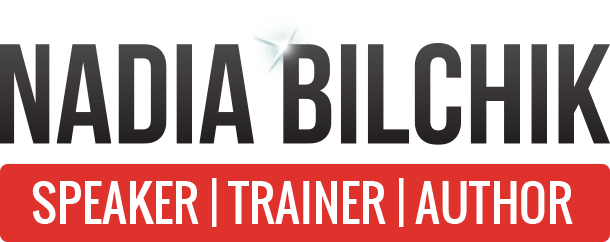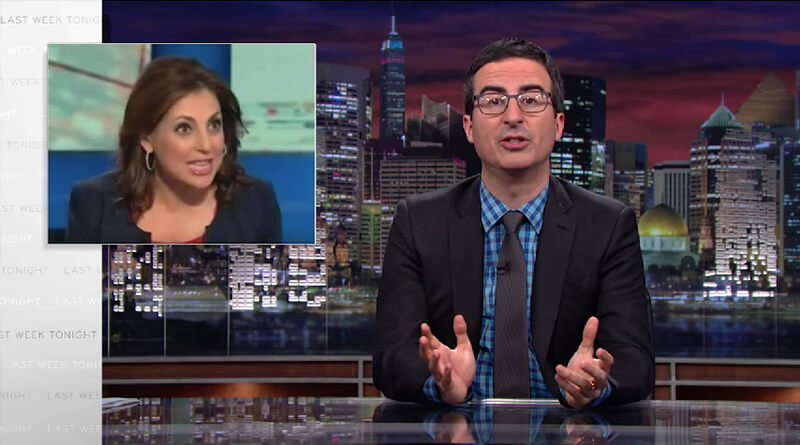1. What would you say is the best way to start a presentation? How quickly do you get into the main topic?
The beginning of the presentation is your prime real estate. It’s when your audience decides if you are worth paying attention to or not. In my workshops, I call this the HOOK. You can do this by either asking a question, making a bold statement or telling a story that relates to your topic. You want to quickly get into the main topic by linking your hook to your subject matter.
2. Would you greet your audience at the beginning of your presentation (and how would you go about introducing yourself)?
It’s always best to have someone else introduce you and confirm your credibility. However, if that option is not possible, you never go wrong if you thank your audience for being there and then briefly list your credentials. For example, I would say I am a global speaker, author, communication skills trainer, and editorial producer at CNN.
3. How would you introduce the subject of your presentation? Do you have any introductory lines you keep gravitating to? Could you explain your answer with an example?
I like to ask my audience a question. An example would be, “how do you rate your ability to present information in a concise, clear, and confident manner? High, medium, or low?” I then wait for the answers, either by a show of hands or, if my presentation is remote, to put in the chat. I then link to my subject, saying, “wherever you are on the spectrum, in the next 30 minutes, I will share tips and techniques to ensure you have a greater impact every time you communicate to an audience of one or 100.”
4. Do you find yourself favoring any phrase or tool at the beginning of your presentations?
For example, do you rely on quotes, visual elements, or perhaps audience participation?I utilize all of the above; the key is to invite participation from the start. I also always ensure that my slides are bold and evocative.
5. How do you grab the audience’s attention at the beginning of your presentations?
As mentioned, I like to ask my audience a thought-provoking question that gets them from passive to active mode. I also always encourage my audience to stand up and do breathing exercises.
6. Which resources did you use to improve your presentation-making (and speaking) skills?
I have been speaking and training speaking skills for three decades, and I still do a tremendous amount of research and customize each and every presentation. If I am speaking, for example, about the hybrid workplace, I will google the latest statistics. I will also go onto YouTube to see what other speakers and thought leaders are saying about the subject. I also make sure I have several conversations with the client to ensure that I am addressing their issues of concern.



